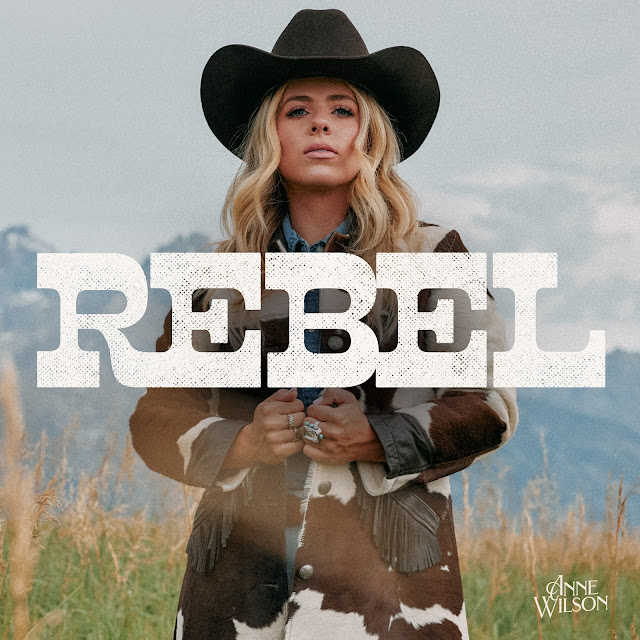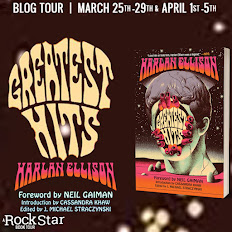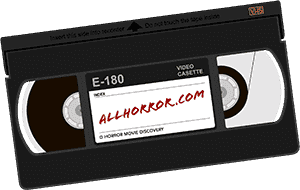Many book-lovers are also music-lovers. Books and music go
hand-in-hand as a sort of general artistic/emotional expression. Change the music
that you listen to with a book and the reading experience will be completely different.
For example, if you are reading to a child’s story and play happy music, it
will feel light and fun. But if you change the music to eerie, creepy-sounding
music, the story will feel terrifying. Music really can influence how a story
feels.
In fact, I know of a few authors who specifically create
soundtracks for their books and recommend that readers listen to that music
while they read the story. I haven’t done this on a regular basis, but I bet it
could enhance the reading experience by quite a lot. There are definitely a lot
of authors who use music while writing to help focus the feelings they are
trying to convey in a scene.
I read once that Douglas Adams listened to the Paul Simon
album “One Trick Pony” while writing The Hitchhikers Guide to the Galaxy.
Using music to influence writing is quite effective, at
least for me. I love putting on background music when I am trying to write
(even for work). I tend to choose music that has interest but isn’t
distracting. Some of my favorite writing artists include:
- Frightened Rabbit
- Mumford and Sons
- Deadmau5
- Biffy Clyro
- Mozart
- Bach
- Band of Horses
If you love the music/book combo, then you won’t want to
miss these 12 hit songs inspired by literature. And these songs were all inspired by The Hobbit or LOTR. When you look, you can find thousands of songs
that were inspired by authors, writing, or literature. It’s an amazing world
out there for a book lover!
What are your favorite songs to listen to while writing?
Brenda is a fellow book-lover and coffee-addict. She is a freelance writer, punctuation nerd, and grammar enthusiast. Her favorite book genres are Science Fiction, Fantasy with a Twist, and Dystopian. Brenda blogs about books, writing and more at Daily Mayo. Find her here on CaW for Writing Tips Wednesdays the first Wednesday of every month.
Follow Brenda on Facebook and Twitter or subscribe to updates from Daily Mayo to keep up with all the exciting things in her life; ranging from drinking coffee to get through the day to drinking coffee just for fun.



















